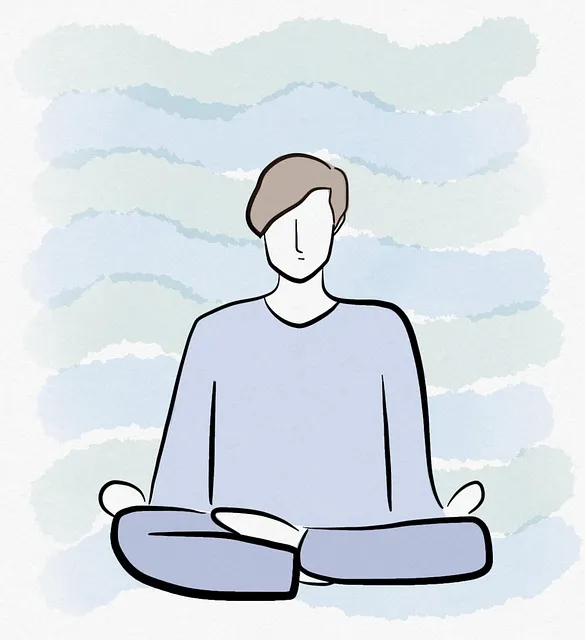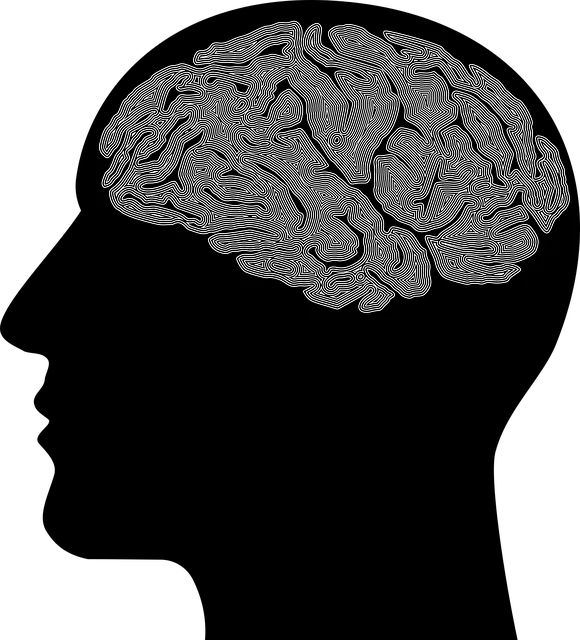Healthcare professionals facing high-stress environments can benefit from The Resilient Front (RFM) model, developed by experts at the Kaiser Permanente mental health center Lakewood. This framework emphasizes Reliability, Flexibility, and Mastery to enhance emotional well-being, prevent burnout, and improve patient outcomes. Through innovative programs, the Lakewood center supports clients in building resilience through stress reduction methods like physical activity, mindfulness practices, and daily integration of calming techniques, destigmatizing mental wellness conversations along the way.
“Resilience is a powerful tool in navigating life’s challenges. The RFM (Recovery, Flexibility, and Mastery) model offers a structured approach to building this mental fortitude. This article explores how understanding RFM can significantly enhance resilience, focusing on the role of Kaiser Permanente Mental Health Center Lakewood as a leading hub for resilience-based programs. We’ll provide practical exercises to cultivate resilience in daily life, both personally and professionally, empowering individuals to embrace challenges with confidence.”
- Understanding RFM and its Impact on Resilience
- Kaiser Permanente Mental Health Center Lakewood: A Hub for Resilience Building
- Practical Exercises to Enhance Resilience at Home and Work
Understanding RFM and its Impact on Resilience

Resilience is a key component to navigating life’s challenges, especially in high-stress environments like healthcare. The Resilient Front (RFM) model offers a structured approach to building this mental fortitude. Developed by experts at Kaiser Permanente mental health center Lakewood, RFM focuses on three core pillars: Reliability, Flexibility, and Mastery. Understanding these principles is crucial for enhancing emotional well-being promotion techniques among healthcare providers.
By fostering reliability – the ability to consistently meet personal and professional demands – healthcare workers can mitigate burnout prevention strategies for themselves and their patients. Flexibility involves adapting to change and uncertainty, which is essential in a dynamic field like medicine. Lastly, mastery encourages continuous learning and growth, promoting depression prevention by empowering individuals to face challenges head-on. Incorporating these RFM principles into practice fosters not only resilience but also improves overall quality of care.
Kaiser Permanente Mental Health Center Lakewood: A Hub for Resilience Building

The Kaiser Permanente Mental Health Center Lakewood stands as a beacon of hope and resilience in the heart of the community. This specialized center has carved out a significant niche, offering comprehensive mental health services with a unique focus on building resilience among its clients. Within its walls, individuals from all walks of life gain access to tailored support aimed at fostering emotional well-being and coping strategies for life’s challenges.
Through innovative programs and workshops, the Lakewood center provides more than just therapy; it empowers participants with essential tools for navigating mental health issues. From social skills training to crisis intervention guidance, their multi-faceted approach caters to diverse needs. The center’s commitment to Mental Health Awareness is evident in its efforts to destigmatize conversations around mental wellness, ensuring that every individual leaves feeling supported and equipped to build a resilient future.
Practical Exercises to Enhance Resilience at Home and Work

Building resilience is an essential skill to navigate life’s challenges, and it can be cultivated through practical exercises at home and work. The Kaiser Permanente mental health center Lakewood offers valuable resources for individuals seeking to enhance their resilience. One effective method is incorporating regular physical activity into daily routines. Exercise releases endorphins, which can reduce stress and improve mood, thereby boosting overall resilience. Simple activities like walking, yoga, or even a quick stretching session during work breaks can make a significant difference in managing stress levels.
Additionally, mindfulness practices are powerful tools for coping skills development. Techniques such as deep breathing exercises, meditation, or journaling can help individuals stay present and grounded, especially during challenging situations. The mental health center encourages the adoption of these Stress Reduction Methods to foster a sense of calm and control, ultimately strengthening one’s resilience. By integrating these practices into daily life, both at home and work, individuals can build confidence in their ability to cope with stress and adversity.
Resilience is a powerful tool that enables individuals to navigate life’s challenges with strength and adaptability. By understanding RFM (a key concept in resilience building) and utilizing practical exercises, as demonstrated by Kaiser Permanente Mental Health Center Lakewood, we can foster a more resilient mindset. Incorporating these strategies into daily routines at home and work can significantly enhance our ability to cope with stress and adversity, ultimately leading to improved well-being.






